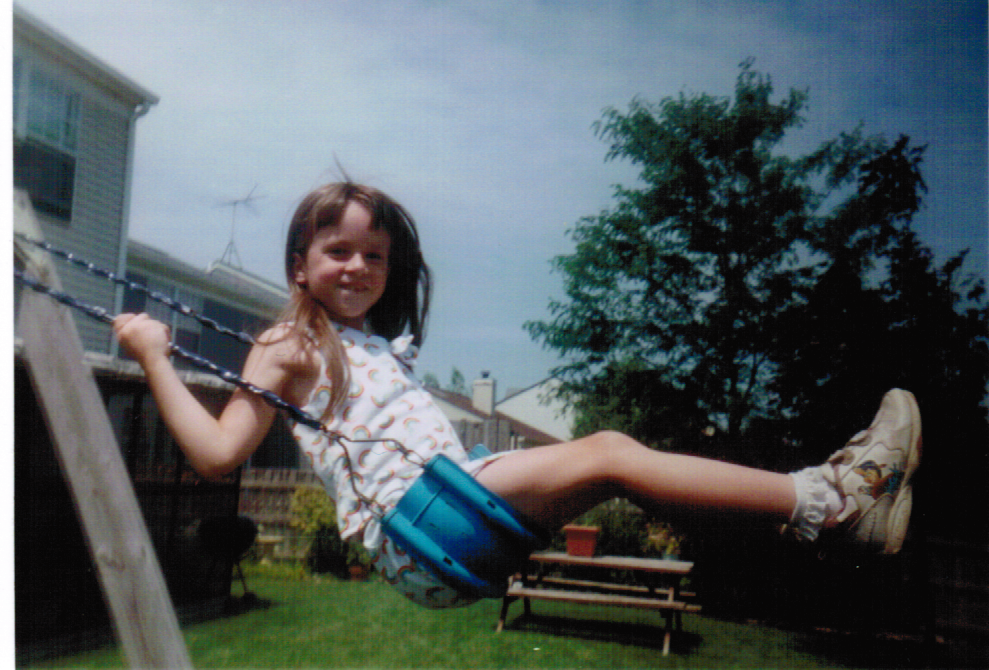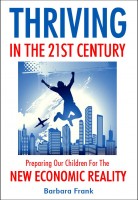
One of the greatest blessings of homeschooling for our family is that it let us give our daughters a girlhood.
I think girls in our society are increasingly pressured to be women before they’re ready, which is a very dangerous thing. By raising our girls at home, my husband and I were able to let them become who they were meant to be without the world’s emphasis on becoming Lolita.
I was reminded of how messed up the worldly attitude toward girls has become when I read this article about companies promoting the celebrity lifestyle to young girls, complete with limo rides and fake champagne, tattoos and opportunities to strut their stuff on the catwalk.
Of course, these companies wouldn’t even be in business if it weren’t for parents who pay for these services. And while it’s every parent’s right to make that choice, it’s my right to think they’re fools. The last thing young girls need is to be pushed toward early maturity.
Our girls rode bikes and roller-bladed, played at the park and had fun with their friends outside. They read books, sewed and made crafts, cooked and baked and played with their siblings. It was our goal to give them that kind of life, and it was well worth the sacrifices it took, personally and financially, to have them home all the time instead of going to public school, where the declining morals of our society proliferate like a noxious mold.
Sometimes I had to be the bad guy. I remember one new girl in our neighborhood who became friends with one of our daughters. She was 9 or 10, and greatly delighted to own Janet Jackson’s latest album that included a lot of music with strong sexual references completely inappropriate for young girls. When I found out this girl’s mom was just fine with that music being played by the girls when my daughter visited, I intervened. This did not make me popular. So what? I was trying to protect my daughter’s innocence. I was doing my job.
Things have gotten worse in our culture since then. I’m glad I’m not raising young girls now. The other day I saw a girl of 8 or so trailing along behind her mother in the grocery store. She was busy texting someone and completely oblivious to her surroundings. Just what a little girl needs…..24/7 contact with her peers.
Texting is just one more way that young girls can act like adults today. But they need to have a girlhood first. Surely I’m not the only mom that thinks so….am I?




